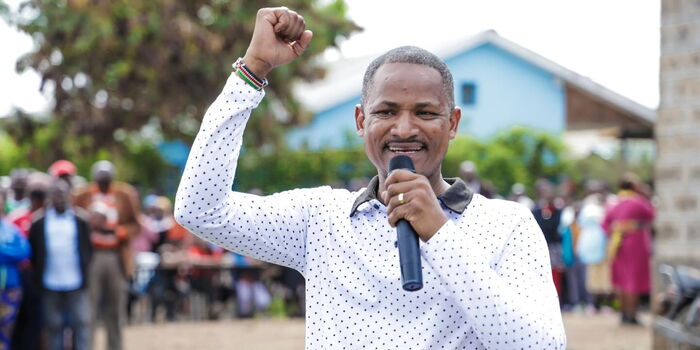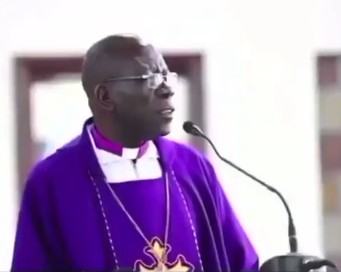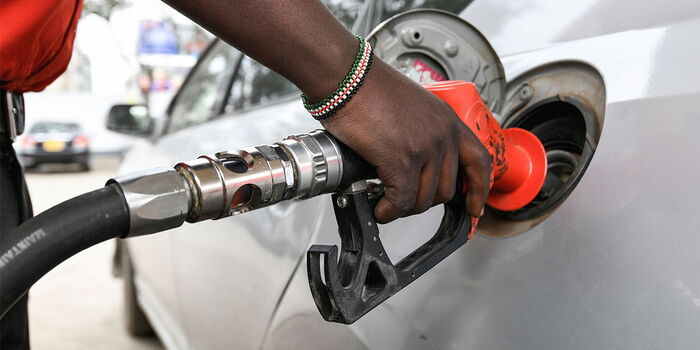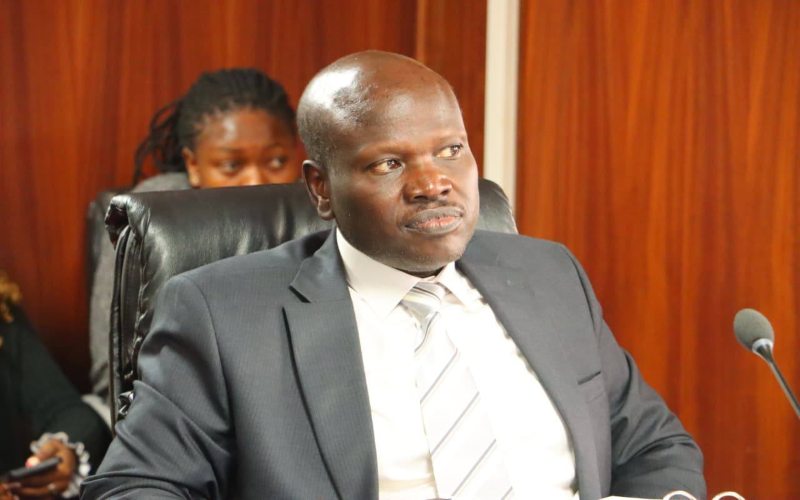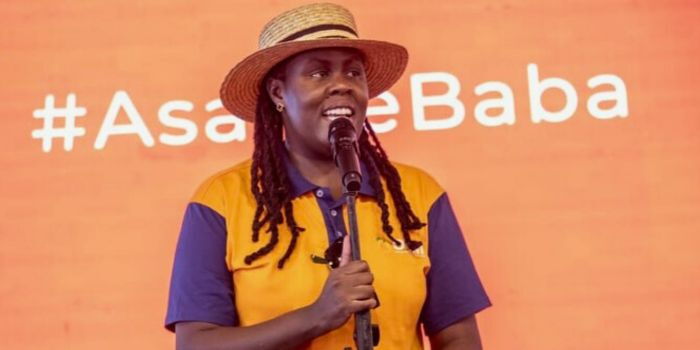
In a dramatic and blunt address at the Orange Democratic Movement (ODM) 20thanniversary celebrations in Mombasa, Winnie Odinga issued a searing warning: there are clandestine efforts underway to “sell” the party. The claim jolts Kenya’s political landscape just weeks after the passing of her father, former party leader Raila Odinga.
Speaking before a packed gathering of party leaders, loyalists and youth delegates on Friday, Winnie Odinga described the scheme as covert and deeply unsettling. “There are some of us who walk with us during the day, but at night are hatching plans to sell our party,” she declared. “That will not be possible. The party was not born in a boardroom, it was born out of protest, made in resistance…”
Her words came as a thunderclap during an event meant to commemorate two decades of ODM’s role in Kenya’s political reform, constitutional change and opposition activism. Instead, the celebration turned into a battleground for the party’s future direction — and, more critically, its integrity.
Allegations Ignite Internal Storm
According to Winnie Odinga, the alleged plot involves secret meetings by individuals who, while publicly aligned with the party, are working behind the scenes to negotiate ODM’s fate. Though she did not name names, the timing and tone of her remarks suggest the intra-party power struggle is intensifying ahead of the 2027 general election.
Her intervention sparked sharp reactions. Prominent party figures such as James Orengo, governor of Siaya and ODM stalwart, used the forum to lambast party members collaborating with President William Ruto’s administration. Orengo argued that ODM should remain an independent voice rather than drifting into government support. These remarks underline the fissures that the party is facing — between maintaining opposition identity and forging strategic alliances.
The Stakes: Identity, Legacy and 2027 Strategy
At stake is more than policy. ODM is wrestling with questions of identity: Will it remain the party of protest, of oppositional bravery, or will it morph into an appendage of power? Winnie Odinga’s remarks suggest the former camp is sounding alarm bells. “The party was not made in a bedroom, and its future will not be discussed as pillow talk,” she announced to a charged audience.
For the party’s supporters, this is no mere ideological tussle. It is a question of legacy — the legacy of Raila Odinga, who shaped ODM’s emergence and guided its journey through one of Kenya’s most transformative political phases. With his passing, the baton is contested, the vision debated, and now, according to insiders, the structure under threat.
In coming weeks, the focus will shift to how ODM handles these accusations internally. Will the party leadership respond publicly to the sell-out claims? Will those allegedly plotting face sanctions or be absorbed into a new arrangement? And, crucially, how will this internal conflict affect ODM’s positioning in 2027?
Political analysts suggest the timing is critical: with the next general election only a year away, unity—or visible disunity—within ODM can make or break its viability. If the party fractures or loses public trust, rival formations may accelerate their advance.
What began as a celebration of two decades of political activism has turned into a defining moment of reckoning for ODM. Winnie Odinga’s startling allegations have exposed an internal fissure that could reshape Kenya’s opposition terrain. For members and watchers alike, the message is clear: this is not business as usual. The future of the party, its principles and its relevance hang in the balance.


